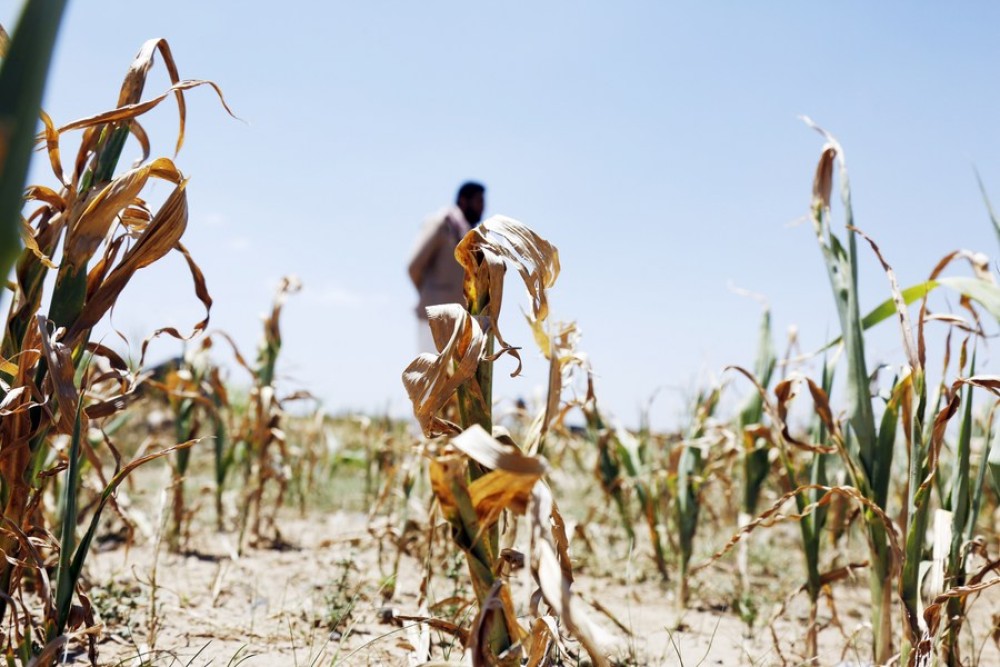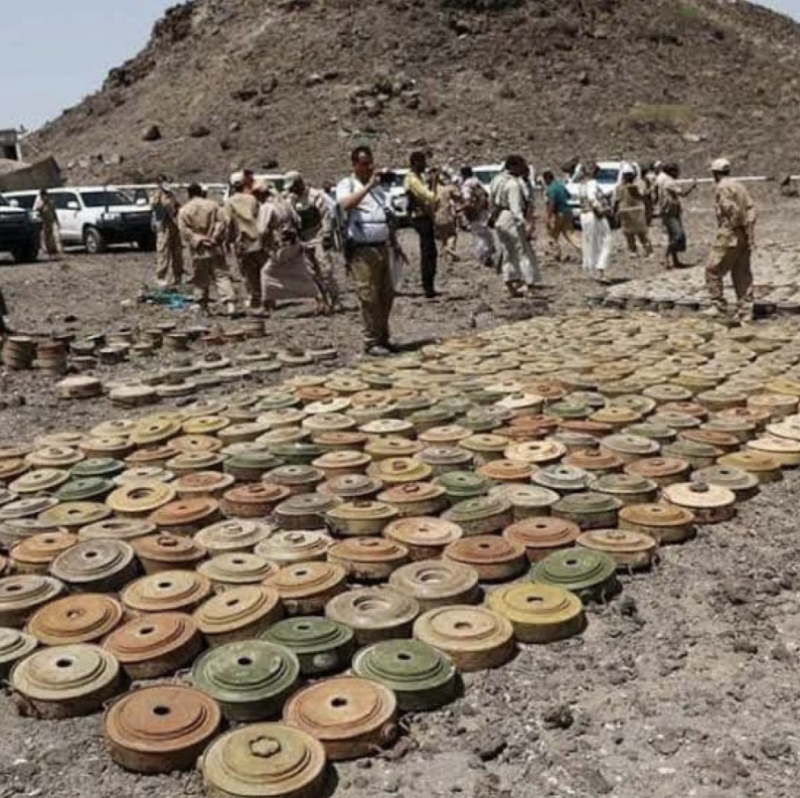Drought Threatens Agriculture and Deepens Food Crisis in Yemen


Sana’a – Yemen is facing an escalating food crisis as prolonged drought conditions and erratic climate patterns devastate the country’s already fragile agricultural sector. With over 17 million people projected to experience food insecurity this year, the situation is rapidly deteriorating into one of the world’s most severe humanitarian emergencies.
Climate Shocks Compound Agricultural Collapse
Yemen’s agricultural sector, which once supported a significant portion of the population, has been crippled by years of conflict, economic instability, and now, climate change. The country is experiencing increasingly frequent droughts and destructive floods, which have eroded fertile soil, destroyed crops, and strained irrigation systems.
According to the UN Food and Agriculture Organization (FAO), the dry season in early 2025 brought unusually low rainfall, particularly in the highlands where many staple crops like wheat, barley, and corn are grown. These conditions have severely disrupted land preparation and germination, threatening the upcoming harvest.
Food Insecurity Reaches Critical Levels
Yemen imports approximately 90% of its food, including most of its wheat. With global food prices fluctuating and domestic production plummeting, millions of Yemenis are unable to afford basic staples. The World Bank estimates that only 15–20% of Yemen’s staple food needs are met by local agriculture.
The crisis has forced many families to adopt extreme coping strategies, such as reducing meal sizes, selling personal belongings, or migrating to urban areas in search of work. Malnutrition is rampant, with over half of children under five suffering from chronic undernourishment.
Humanitarian Response and Resilience Efforts
In response, international organizations like the UNDP and World Bank have launched initiatives such as the Yemen Food Security Response and Resilience Project (FSRRP). These programs aim to rehabilitate irrigation infrastructure, promote climate-resilient farming practices, and provide temporary employment to rural communities.
Local farmers, however, remain skeptical. “The drought has destroyed our crops and killed our livestock,” said Hamoud, a 61-year-old farmer in Dhamar Governorate. “Without water, we cannot survive. Our children are leaving the villages because there is no future here.”
Call for Urgent Global Action
Experts warn that without immediate and sustained international support, Yemen’s food crisis will continue to spiral. The country’s vulnerability to climate change, combined with ongoing conflict and economic collapse, makes it a flashpoint for humanitarian disaster.
“Yemen is a stark reminder of how climate change and conflict can intersect to create a perfect storm of suffering,” said a spokesperson from the World Food Programme. “We must act now to prevent famine and build long-term resilience.”

Aden -- Yemen Airways has announced plans to strengthen its fleet by adding four new, modern aircraft in the coming period.  The move…

Sana’a — The United Nations Special Envoy to Yemen, Hans Grundberg, acknowledged that the country’s political process is facing a…

Marib — The Saudi-funded Masam demining project announced that its teams successfully removed and dismantled more than 1,000 explosive device…